1. Hohensalzburg Fortress – Austria
Hohensalzburg is located on top of Festungsberg and overlooks the entire ancient city of Salzburg (Photo source: Collected)
In the list of fortresses in Europe, Hohensalzburg - the shining pearl of Austria, located on the top of Festungsberg and overlooking the entire ancient city of Salzburg, is a must-see. This fortress is not only a symbol of medieval power, but also a meeting place for those who love music , art and classical Western architecture.
Built in the 11th century by Archbishop Gebhard, the Hohensalzburg fortress has withstood centuries of war, and today stands as an enduring symbol of Austrian history. Its thick walls, towering watchtowers, and elaborate defenses make it one of the best-preserved fortresses in Europe.
Inside the fortress is a historical museum, where visitors can admire collections of armor, ancient musical instruments, and the golden room – a place that clearly shows the luxury of the ancient aristocracy. Sitting on the cable car climbing up the slope to the top of the fortress, you will feel the peaceful but solemn atmosphere – where nature and the past blend together.
2. Alhambra Fortress – Spain
The Alhambra fortress stands proudly like a poem written in stone and light (Photo source: Collected)
In the sweet sunshine of Southern Spain, in the heart of Granada, the Alhambra fortress stands proudly like a poem written in stone and light. As one of the fortresses in Europe with a strong Islamic style, the Alhambra is not only a defensive structure, but also a magnificent palace combining Arabic architecture and Western culture.
Dating back to the 9th century, the Alhambra fortress was the seat of the Nasrid Muslim dynasties, before falling into the hands of Catholic King Ferdinand and Queen Isabella. Since then, it has become a symbol of Spain’s transition from Muslim to Christian culture.
A walk through the Alhambra is a journey of discovery , with its elegant domes, walls covered in arabesques, and the ever-flowing fountains of the royal courtyard. Here, light filters through the marble windows, creating vivid pictures that change with each hour of the day. It is a symphony of light, shadow, and historical memories that resonate forever.
3. Neuschwanstein Fortress – Germany
Neuschwanstein fortress is hidden in the misty Bavarian Alps (Photo source: Collected)
Nestled in the misty Bavarian Alps, Neuschwanstein fortress appears like a real-life fairy tale. Dubbed the "dream castle" and the model for Disney's Sleeping Beauty Castle, Neuschwanstein is one of the European fortresses that attracts millions of visitors each year thanks to its surreal and mysterious beauty.
Started in the 19th century by King Ludwig II of Bavaria, known as the “dream king”, the fortress was not intended for defense but as a place for the king to live out his romantic ideals and the music of the composer Wagner, whom he worshipped.
Inside the fortress, each room is designed as if it came from a legend: an opera house, a gothic bedroom, a colorful corridor. The details, paintings, and furniture are so meticulous that one forgets that one is in the 21st century. From the highest balcony of the fortress, one can see the green valley, the crystal clear Alpsee Lake, and the snow-capped peaks all year round – where nature and fantasy merge into one masterpiece.
4. Mont Saint-Michel Fortress – France
Mont Saint-Michel Fortress as a surreal oasis (Photo source: Collected)
In the middle of the blue English Channel, Mont Saint-Michel fortress is like a surreal oasis standing out on the water, leaving visitors in awe when they first see it. This is not only one of the iconic fortresses in Europe of France, but also a place where faith, nature and the ultimate creativity of man intersect.
Originally built in the 8th century as a small monastery, Mont Saint-Michel was gradually expanded and fortified into a mighty fortress, especially during the Hundred Years' War. Thanks to its strategic location – where the tides are the strongest in Europe – the fortress was impregnable for centuries.
Walking on the ancient stone path leading to the island, you will feel the echoes of the footsteps of thousands of ancient believers. When the tide rises, the fortress seems completely separated from the world , becoming a "heavenly city" in the middle of the ocean. And when the tide recedes, the golden sands appear as traces of time, leading you back to the ancient legendary land.
5. Carcassonne Fortress – France
Carcassonne is one of the best preserved fortresses in Europe (Photo source: Collected)
If you dream of traveling back in time to feudal times, Carcassonne is the ideal destination. One of the best-preserved fortresses in Europe, Carcassonne is a living book telling the story of the Middle Ages – with knights, ramparts, and endless wars.
Located in the Occitanie region of France, the fortress of Carcassonne has a history spanning over 2,500 years, having belonged to the Romans, Visigoths and even the modern French army. With over 50 watchtowers, two walls and massive wooden gates, it is not only a fortress but also a living city – where people still live, trade and even celebrate as they have for centuries.
Stroll along the narrow cobblestone alleys and you will come across old taverns, traditional craft shops and the Gothic cathedral that stands tall in the heart of the fortress. The echoes of church bells, the clopping of horses and the stories told by the locals will make you feel like the protagonist of a timeless epic. Carcassonne is not just a fortress, but a living universe of a bygone era, where the present is just a thin mist covering the glorious past.
On every hill, along every river or in the middle of the ocean, the fortresses of Europe still silently recount hundreds of years of history, preserving the immortal spirit of a continent once brilliant with glory and shaken by the storms of war. Whether built for defense or to glorify power, those fortresses still exist as proud symbols, where memories do not fade and beauty transcends all limits of time.
Source: https://www.vietravel.com/vn/am-thuc-kham-pha/phao-dai-o-chau-au-v17288.aspx


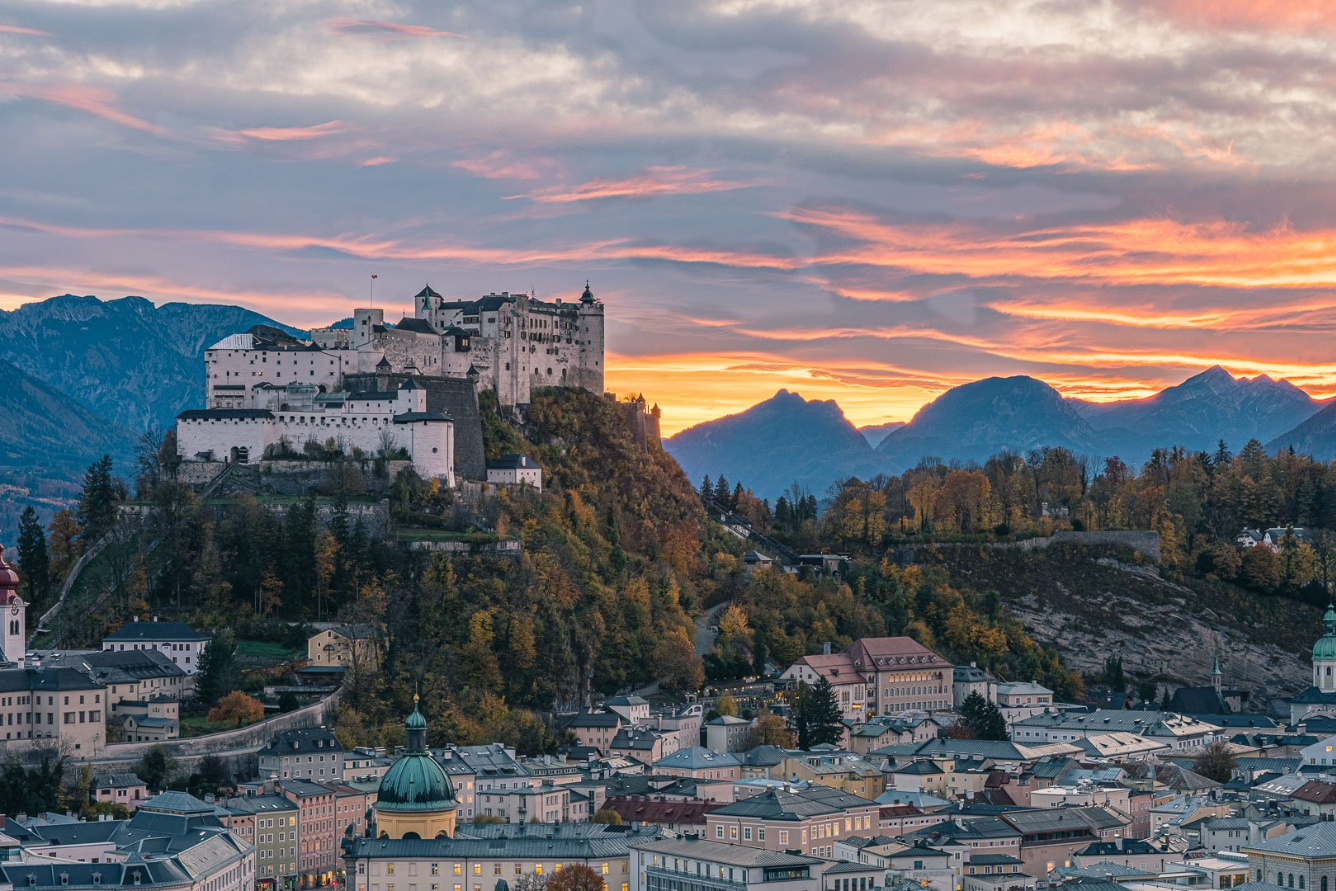
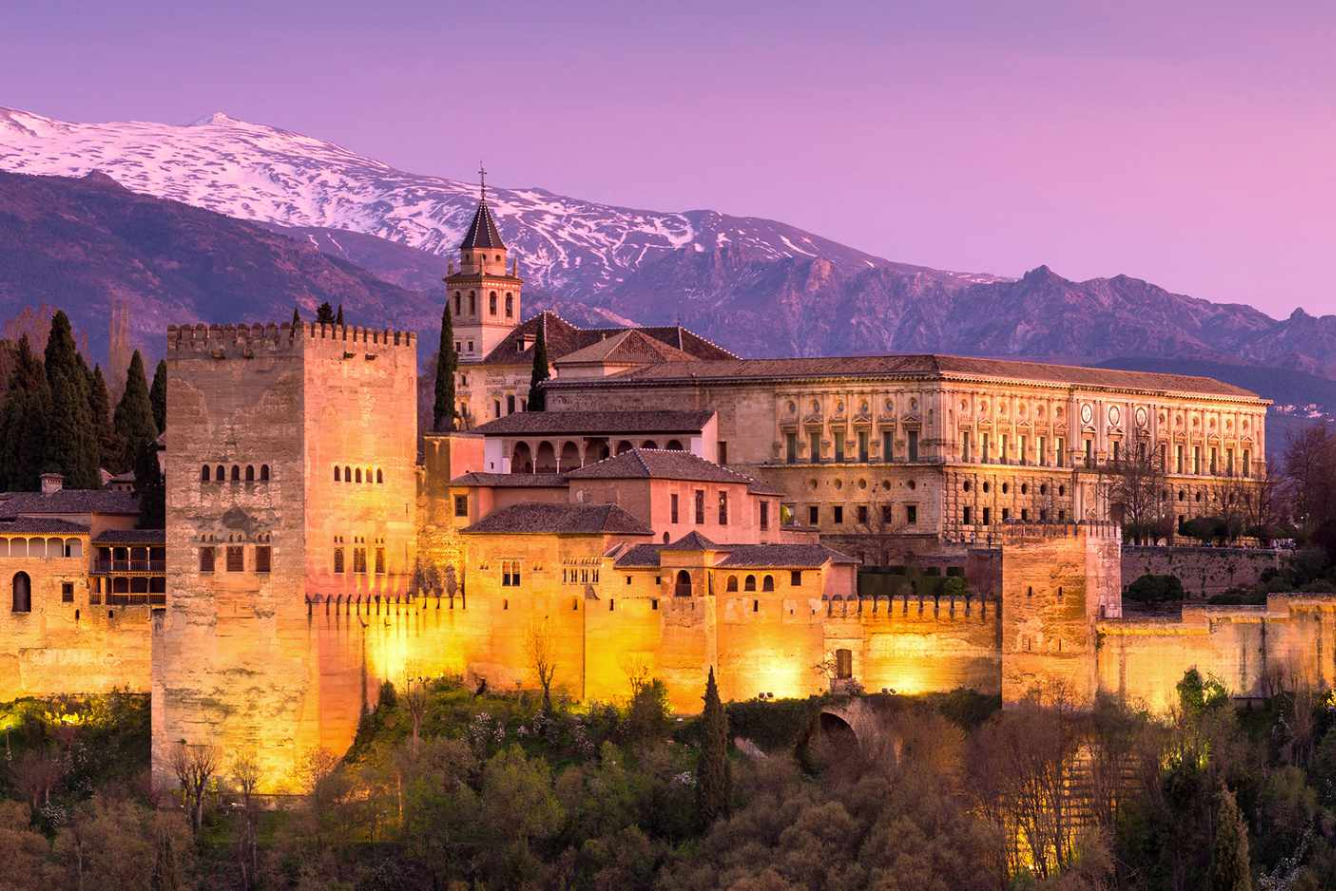
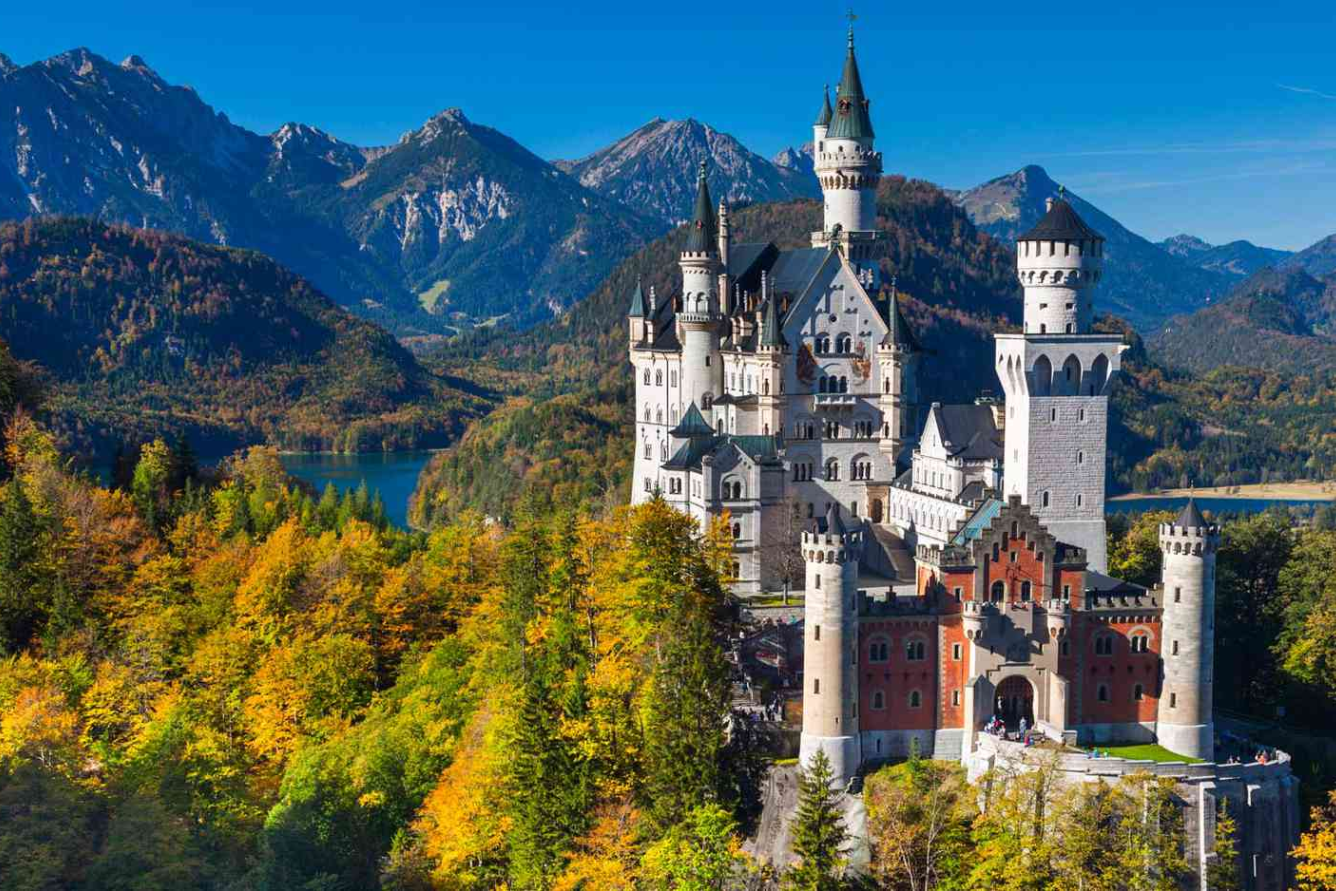
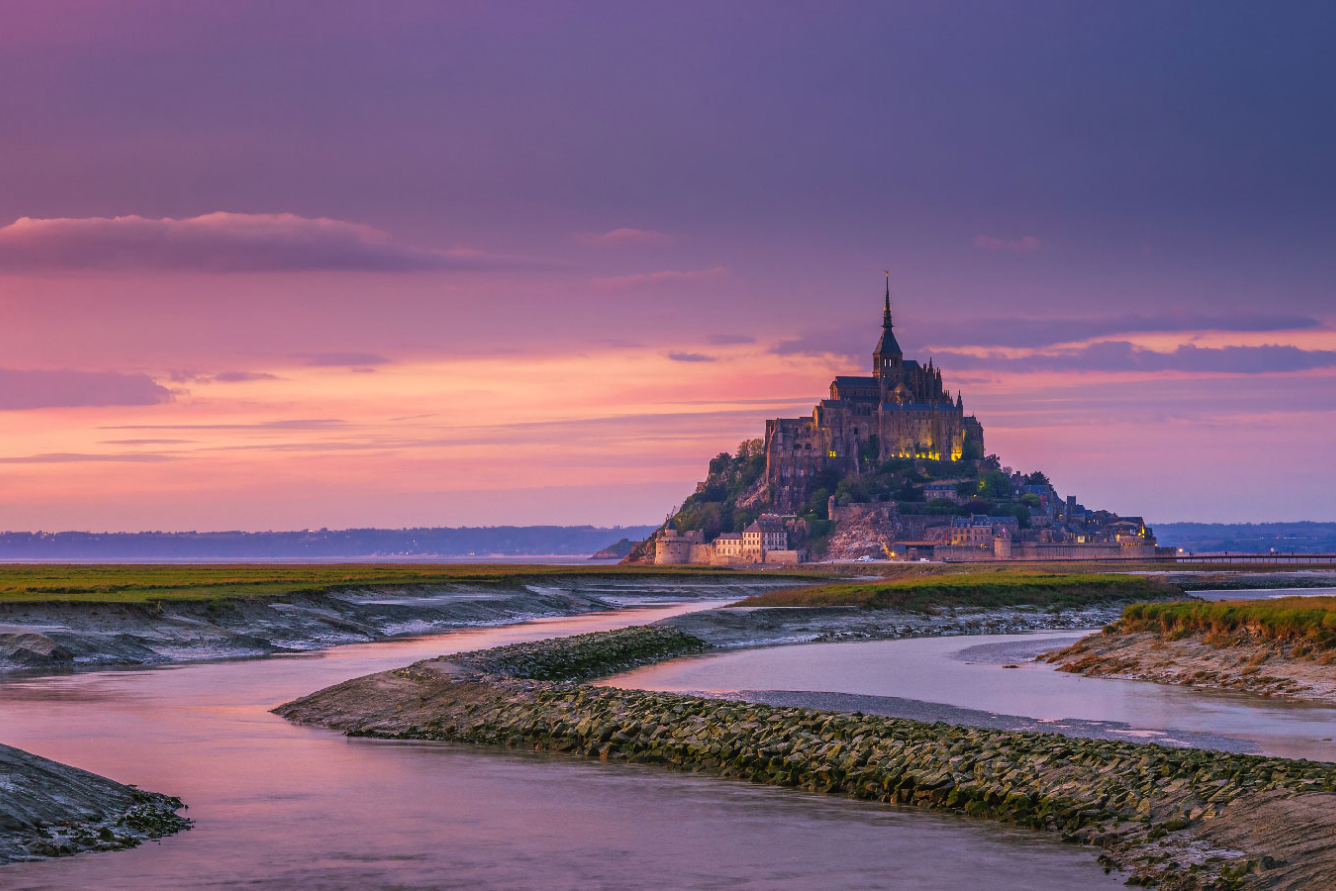
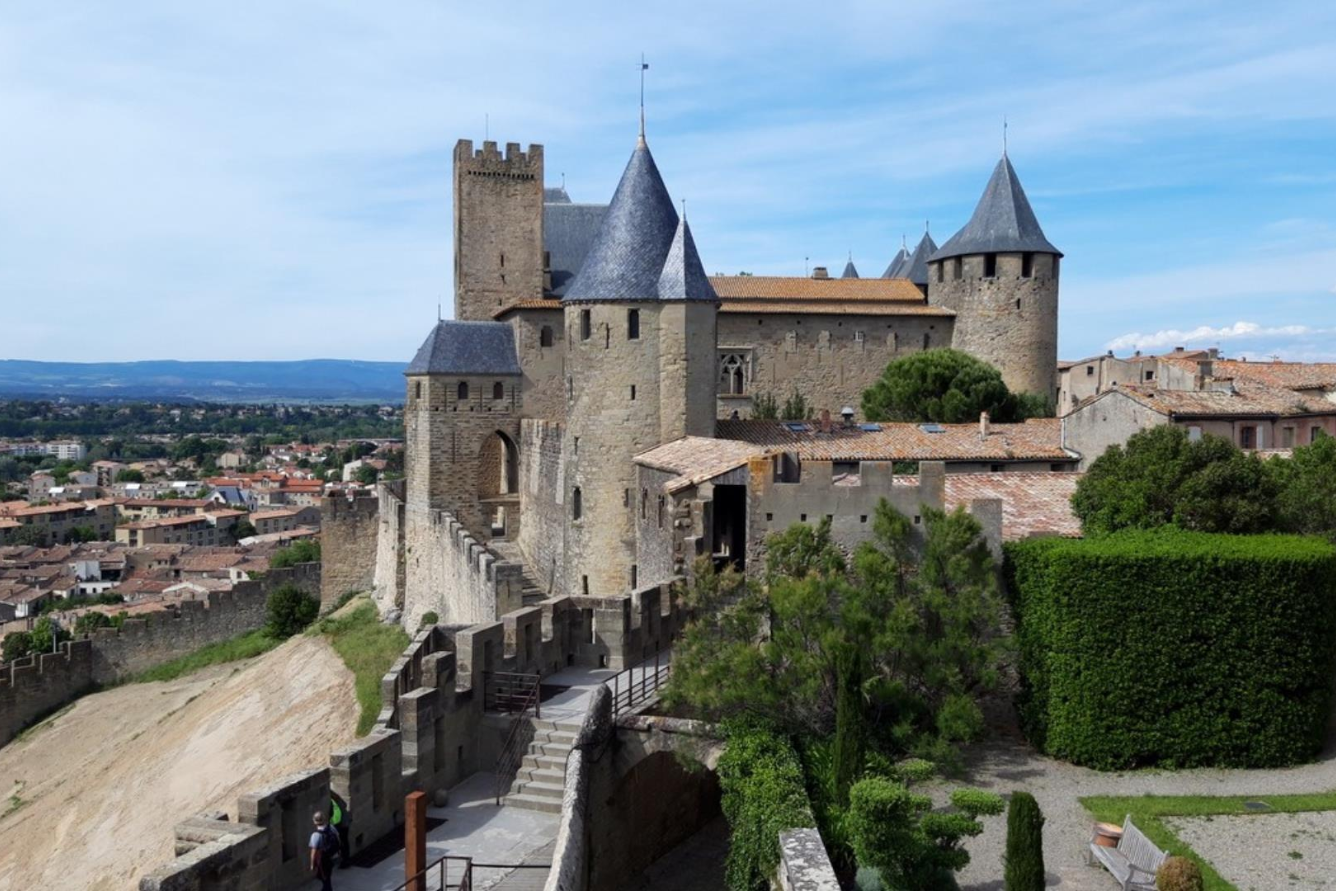



![[Photo] Prime Minister Pham Minh Chinh chairs meeting to deploy overcoming consequences of storm No. 10](https://vphoto.vietnam.vn/thumb/1200x675/vietnam/resource/IMAGE/2025/10/3/544f420dcc844463898fcbef46247d16)

![[Photo] Students of Binh Minh Primary School enjoy the full moon festival, receiving the joys of childhood](https://vphoto.vietnam.vn/thumb/1200x675/vietnam/resource/IMAGE/2025/10/3/8cf8abef22fe4471be400a818912cb85)
![[Photo] Binh Trieu 1 Bridge has been completed, raised by 1.1m, and will open to traffic at the end of November.](https://vphoto.vietnam.vn/thumb/402x226/vietnam/resource/IMAGE/2025/10/2/a6549e2a3b5848a1ba76a1ded6141fae)











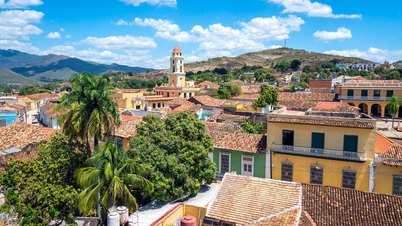

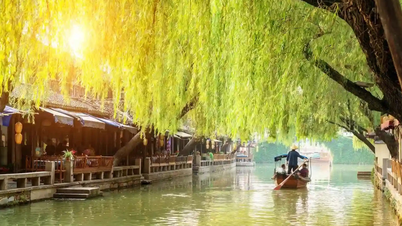
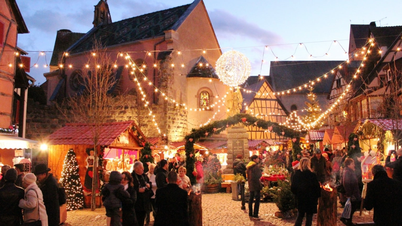







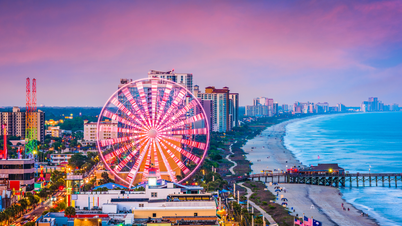
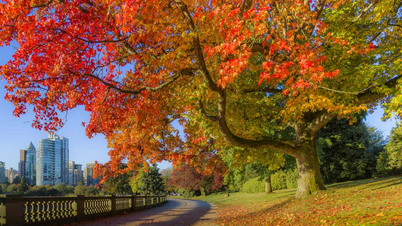


















































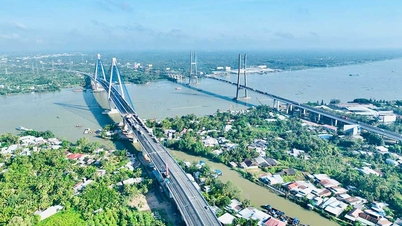





















Comment (0)